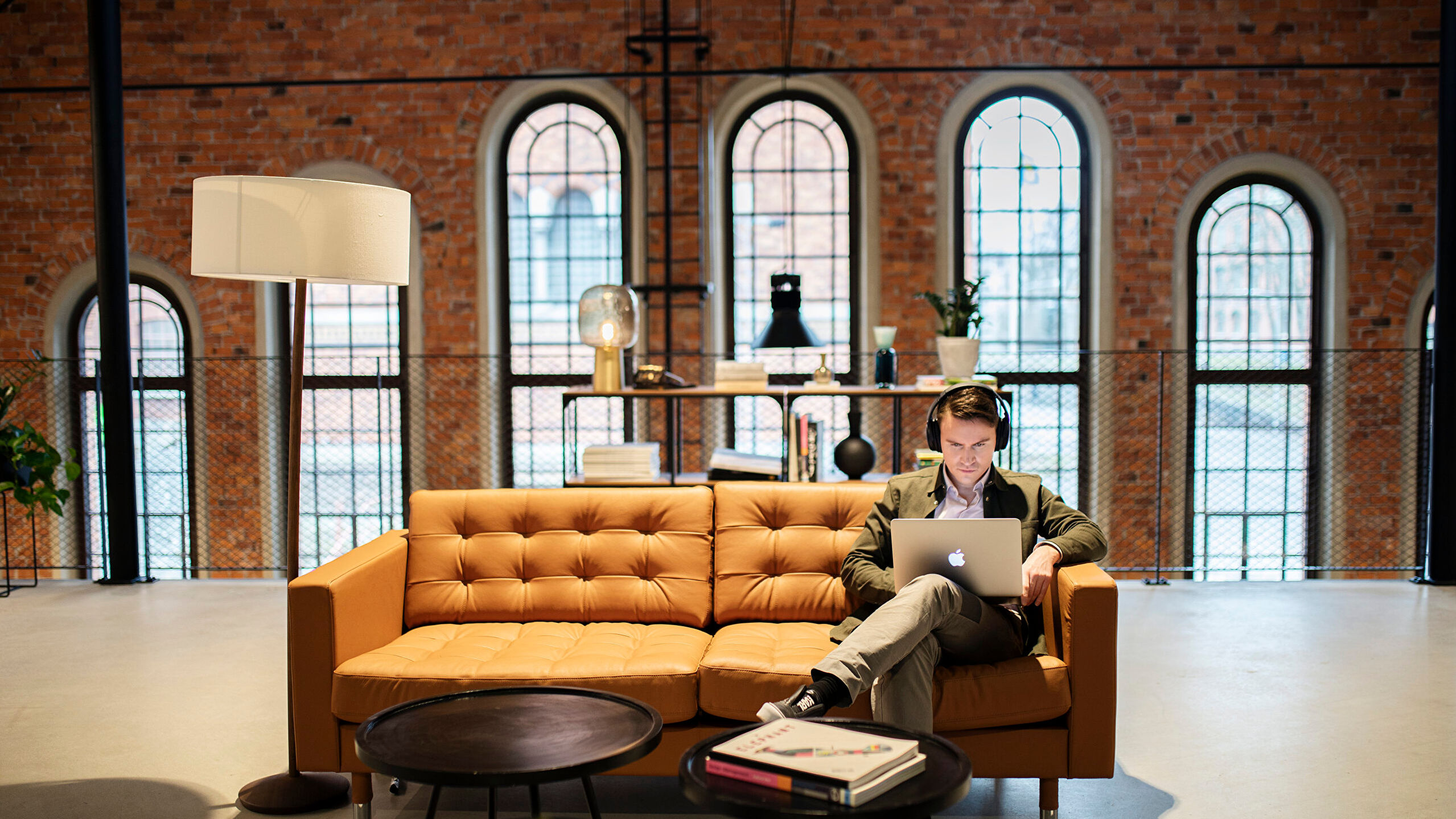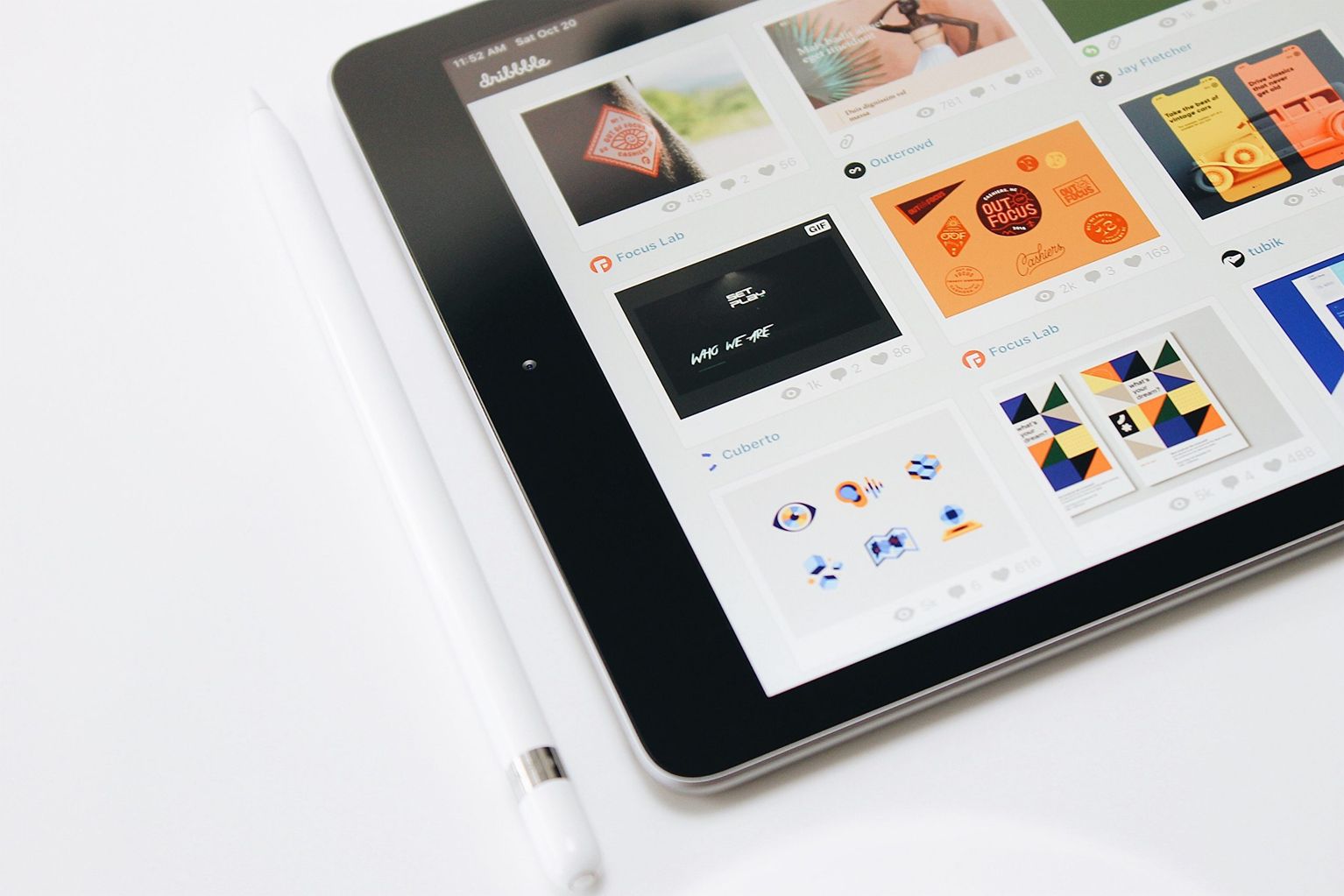This article is more than three years old. Take a look at our current courses and programs!
7 creative habits to unblock your brain

Are you feeling a little blocked? Everyone can be a little more creative - but sometimes our daily habits can be either nurturing or constraining. Here are 7 helpful tips to get your brain into creative beast mode.
1. Be nice to yourself
Everyone who creates great things has to accept one thing: you spend a lot of time sucking. Nothing that interesting arrives in the world instantly and perfectly. So you need to be kind and forgiving to yourself as you're developing, adjusting, deleting, editing and reworking creative stuff.
Tip: If you start looking at your work with an overly critical eye, remind yourself to be grateful that you turned up to be creative. And have faith that you’ll eventually nail it.
2. Quit some things
Being a creative person can take a lot of time and energy. So you might need to quit some stuff. Or by the time you finish everything else and try to get creative, you're already exhausted. So stop being a bit too nice and start saying no to more things. You only have so much time - and energy. Become a little more thoughtful about what you let into your life.
Tip: Make a “to-don't” list of all the things you want to start doing less. It’s an excellent way to see how you’re spending your time and effort. You might be surprised.
3. Get a new perspective
Moving to a new location can help you look at both your creative work and the world at large, in a whole new way. Sure, some creative tasks require more equipment (it's hard to move a photo studio), but everyone can be a little more mobile. So find a cosy cafe, or a seat in a busy train station, or sit next to a river. Anything that breaks your regular routine can motivate new ideas through a new perspective.
Tip: If you work in a public place, use the people that pass by as a catalyst for new ideas. Ask yourself what they would do or think about your creative task? It gets you out of your head and encourages serendipity.
4. Time yourself
There are some work you can keep doing for eight hours a day, like delivering mail. Because the physical and mental demands never really climb too high. Being creative isn't like that. It often requires a huge focus to make it happen. So most people work best on creative stuff if they work in a burst, with a little break to rejuvenate. This approach is also a great way to break up intimidating creative tasks into bite-sized bits.
Tip: The Pomodoro technique is when you set a timer and work intensely for just 25 minutes. When the alarm goes off get up, walk around, and take a 5-minute break. You'll be amazed at how much you get done in those minutes.
5. Capture quickly
Creativity usually doesn't strike like lightning. Often it's a slow set of new connections that form over time to produce new creative ideas. But everyday life can be very inspiring and drop little clues for you. So cultivate the habit of capturing things quickly so that you can reflect on them later. Don't try and remember; your brain is terrible at that. Capture it and move on.
Tip: Use a little notebook or your phone to write, draw, photograph, or record interesting things you encounter. This simple action can become a superpower over time as your collection grows.
6. Mix it up
It's a good idea for designers to always be looking at design, or for a writer to read voraciously. But sometimes the best inspiration comes from different disciplines. So unblock your brain by jumping into a world that's totally new to you. What are the latest trends in mountain climbing? Or Asian architecture? Or food? And how might it relate to the work that you do?
Tip: Next time you walk into a bookshop, newsagent, or library, walk into an area you wouldn't typically hang out, and flick through some books and magazines you've never seen before.
7. Trick yourself
Starting a new creative project feel extremely scary, intimidating, and impossible. Staring at an empty page is a recipe for procrastination. So find a little corner of a big project gives you a quick win and a little bit of momentum. And before you know it, you're accidentally working on other parts of the project. Don’t judge your work too severely - the fact that you're moving is a win.
Tip: Set up a task so simple that you can't fail. Want to write a novel? Commit to writing non-stop for 2 minutes and take it from there. It's amazing how much momentum it will give you.


